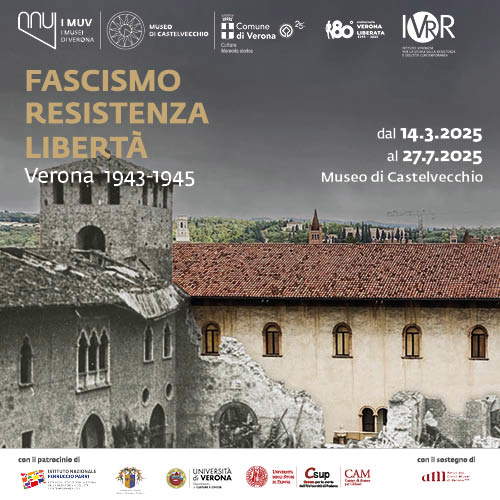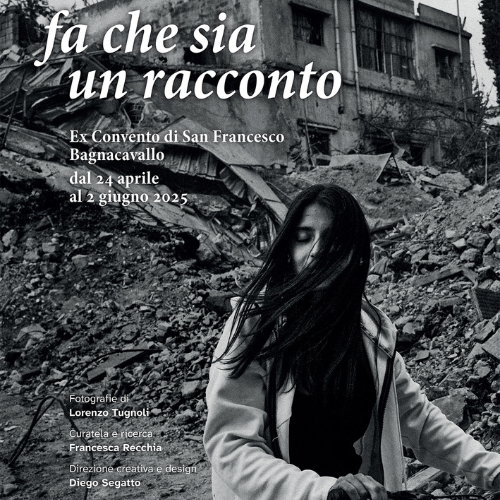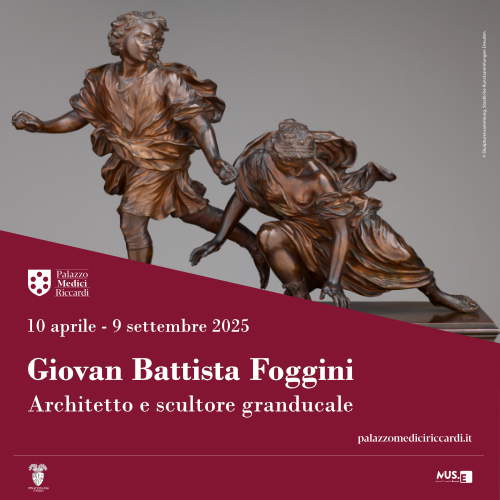The 15 most-read articles of 2021 on Finestre Sull'Arte
What were the most read articles on Finestre Sull’Arte in 2021? As per our New Year’s tradition, we offer below the list of the stories that you were most passionate about: not only current affairs, but also in-depth reports, art-historical excursuses, interviews, and more. And for the first time we extend the list to 15 instead of 10 articles as usual!
1. The discovery of the mention of America 150 years before Columbus.
The discovery by Professor Paolo Chiesa and his team, a mention of the American continent in a Milan manuscript by Galvano Fiamma from around 1340, was the most-read article of the year. We also subsequently interviewed Professor Chiesa. Read the full story here.
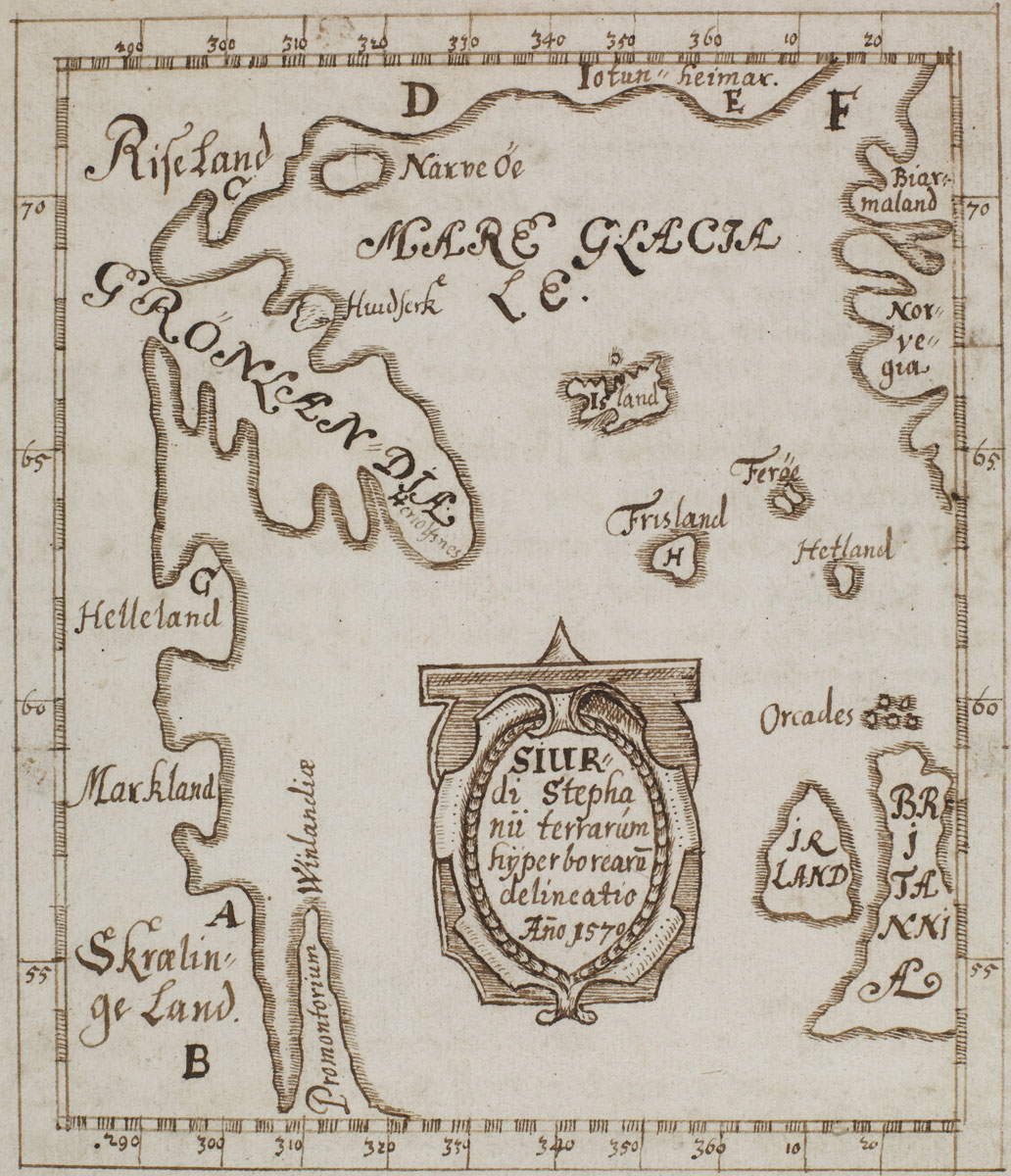
2. The article on punishments in art history.
In second place is an in-depth art-historical study written by Professor Giuseppe Adani. From Raphael’s School of Athens to the eighteenth century with Adam Braum: a roundup of punishments in art history to... smile and think between exhortations and corrections. Read the full story here.
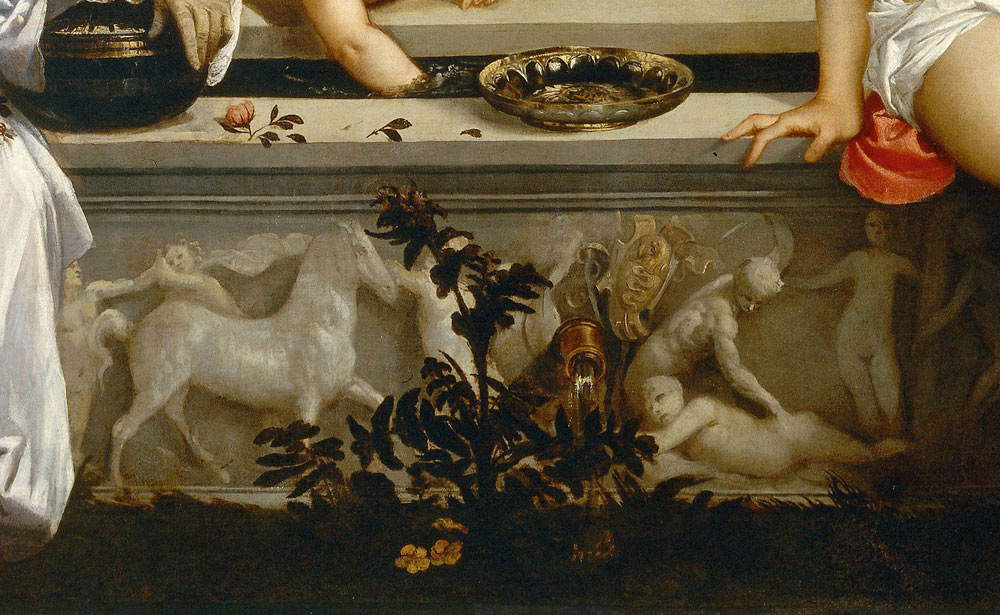
3. Was Leonardo da Vinci homosexual?
In third place was an article dragged by the highly followed series on Leonardo da Vinci that aired in the spring. In this piece we asked the question everyone has been asking: was Leonardo da Vinci homosexual? Scholars have long pondered this question. And we’ve answered it with what we know factually, through works of art and testimony. Read the full story here.
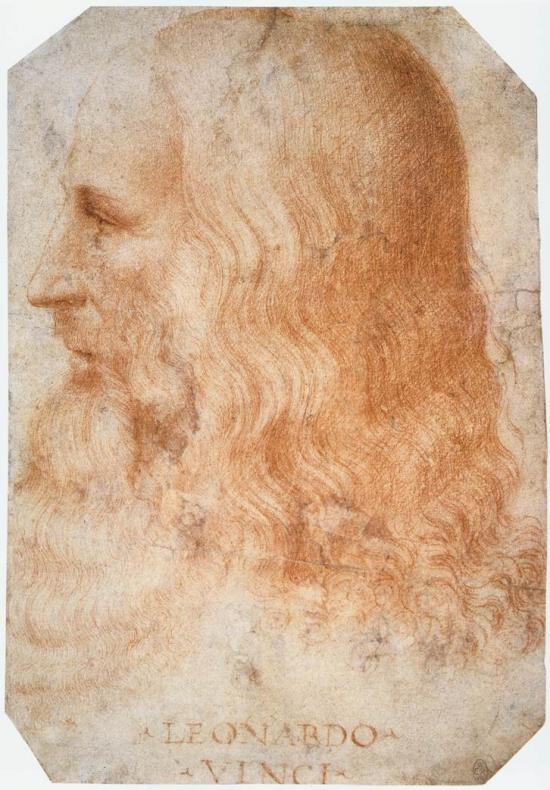
4. Leonardo da Vinci’s Battle of Anghiari.
Fourth place, still a Leonardo da Vinci-themed item. In 1503, the great artist was commissioned by the Republic of Florence to paint a grand fresco depicting the Battle of Anghiari in the Palazzo Vecchio. That work was never to be realized. The article is a detailed in-depth look at the work. Read the full story here.
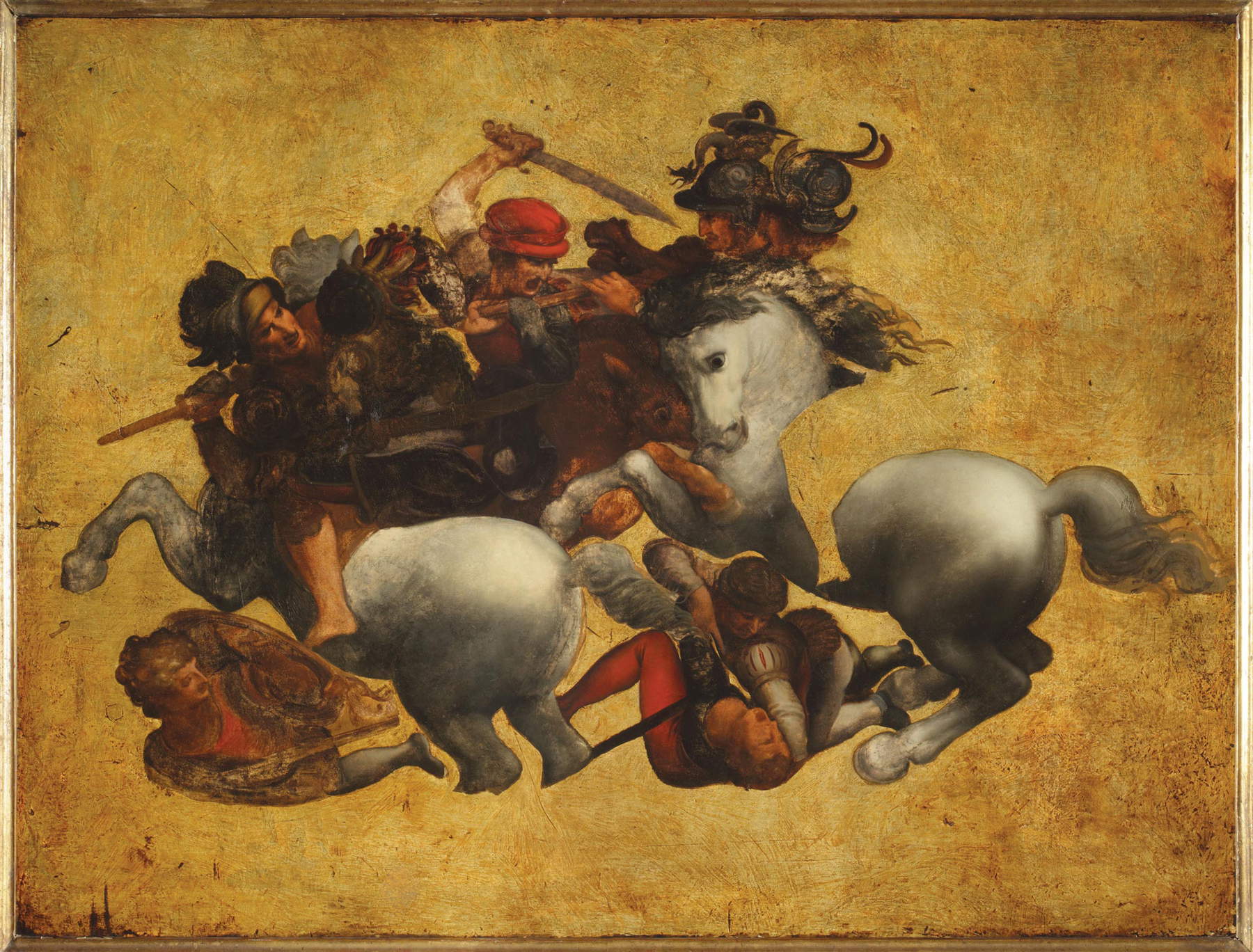
5. The auction of Philippe Daverio’s bizarre collection.
A selection of items from Philippe Daverio’s bizarre collection went up for auction in April at the Il Ponte auction house in Milan. Up for sale were various items collected by the art historian and popular TV popularizer who passed away in September 2020: paintings, sculptures, musical instruments, furniture, design objects, and more. A kind of. journey into the taste of Philippe Daverio. Read the full story here.

6. TV series on Leonardo: did the figure of Caterina da Cremona really exist?
The sixth place is occupied by one more item related to the Rai series on Leonardo da Vinci: one of the characters in the series was a certain Caterina da Cremona, played by Matilda De Angelis. But did this figure really exist? The creators of the series relied on some true reports. Read the full story here.
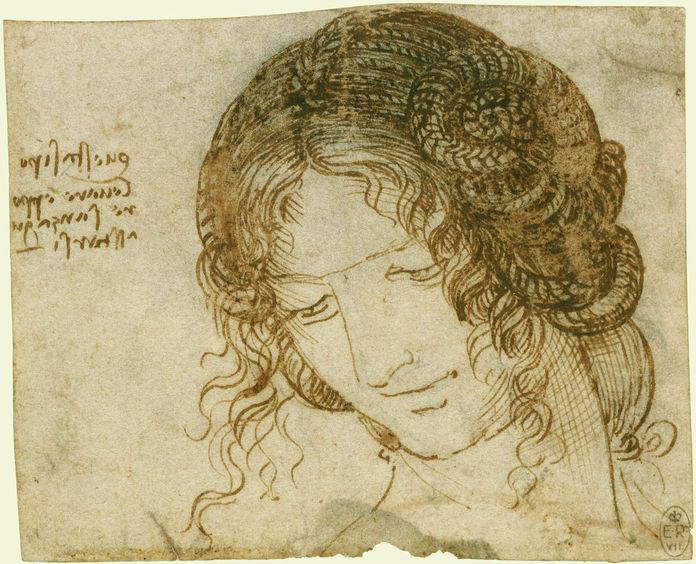
7. Michelangelo’s Battle of Cascina.
In seventh place is another art-historical insight. In 1504, Michelangelo was asked to design a large fresco for the Salone dei Cinquecento in the Palazzo Vecchio, depicting the Battle of Cascina. That was precisely where Leonardo da Vinci was working on his Battle of Anghiari. Read the full story here.
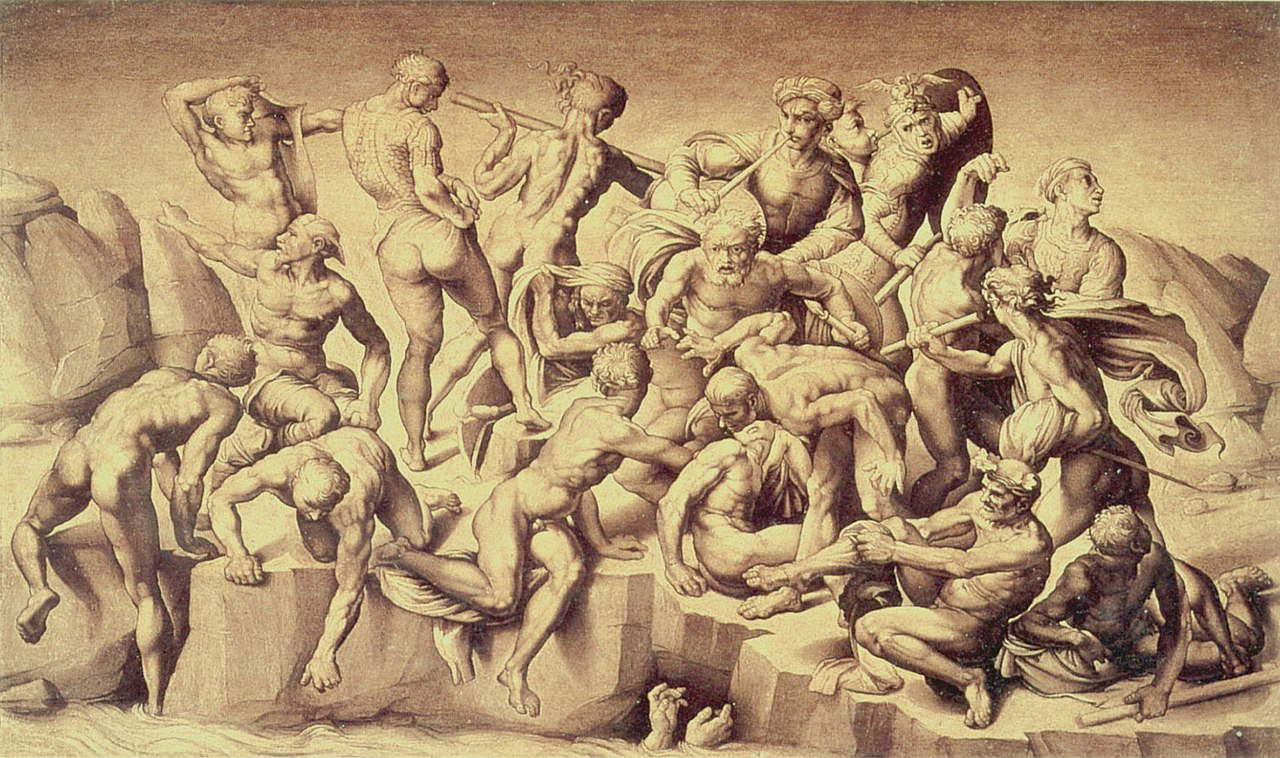
8. The review of the Inferno exhibition at the Scuderie del Quirinale.
In eighth place here is the most-read review of the year, that of the Inferno exhibition at the Scuderie del Quirinale, the show curated by Jean Clair and described by Federico Giannini, author of the review, as “perhaps the most powerful and visionary exhibition of recent years.” Read the full story here.
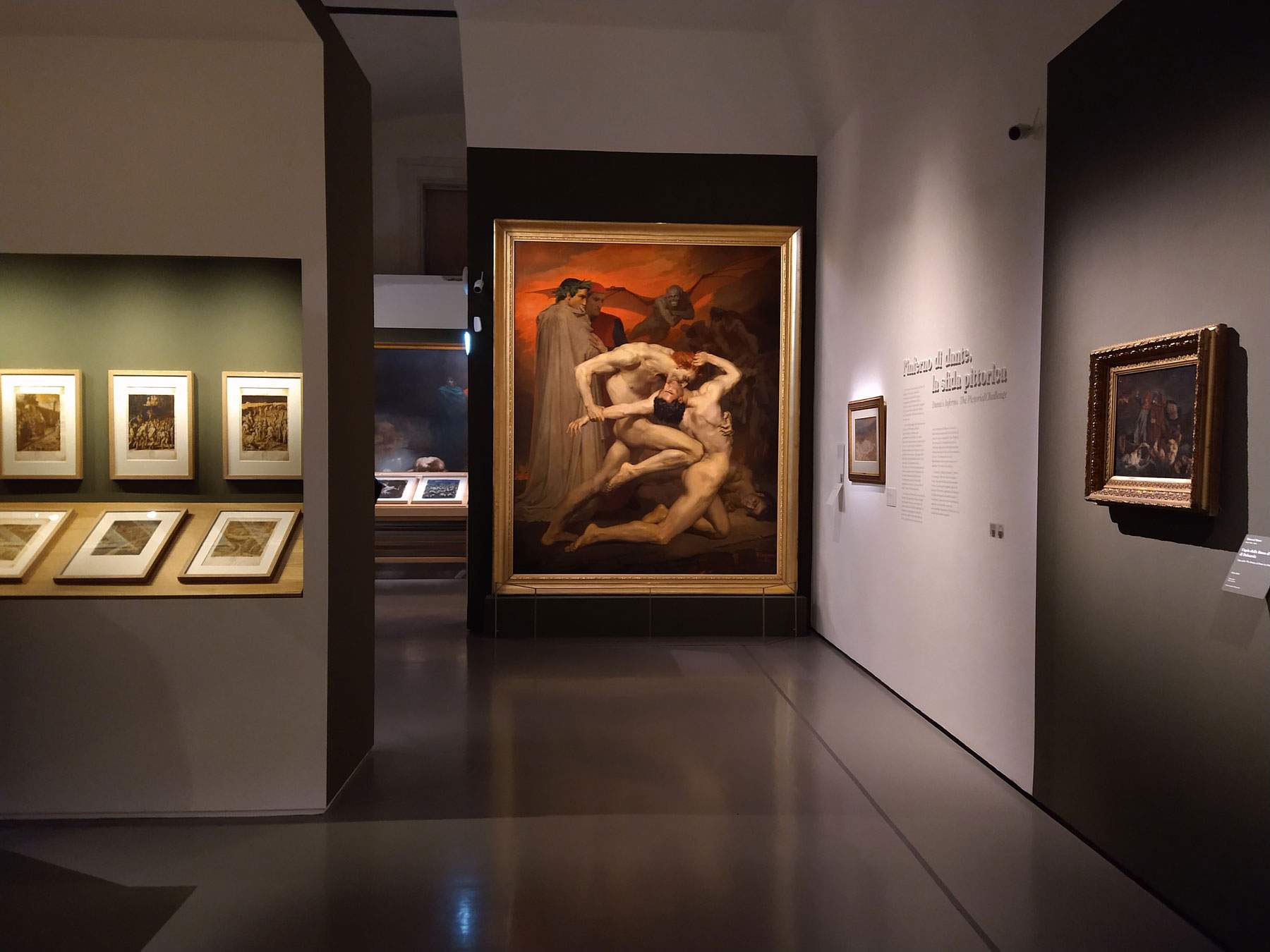
9. The incredible photo of the Draghi government in front of an 18th-century tapestry depicting ... a scam!
February saw the arrival of the Draghi government, but it made a rather unfortunate choice for its first official photo: in fact, the ministerial team poses in front of an 18th-century tapestry depicting a con... Read the full story here.
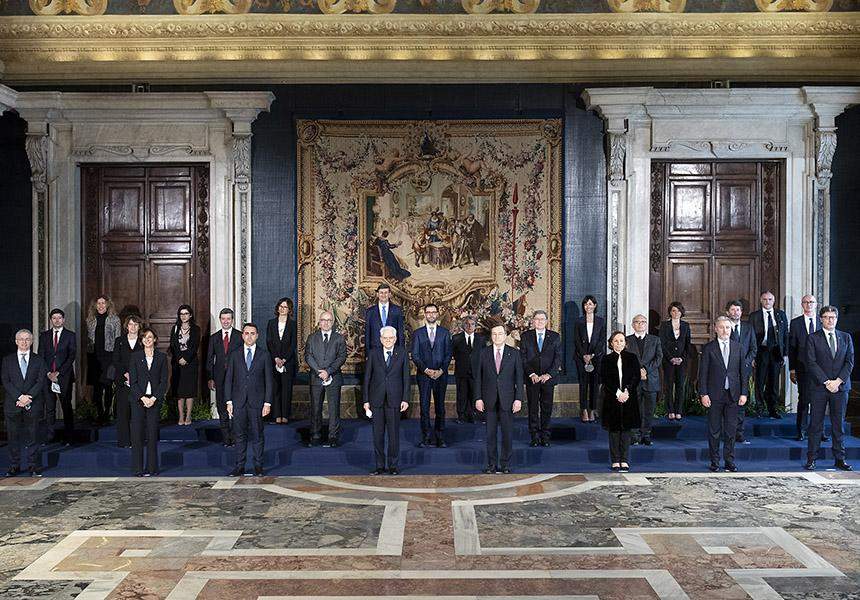
10. Gian Enzo Sperone’s interview on contemporary Italian art.
In tenth place is Federico Giannini’s interview with the great gallerist Gian Enzo Sperone, who mercilessly and without discount profiles the current Italian contemporary art scene, with promoters and failures, problems and prospects. Read the full story here.
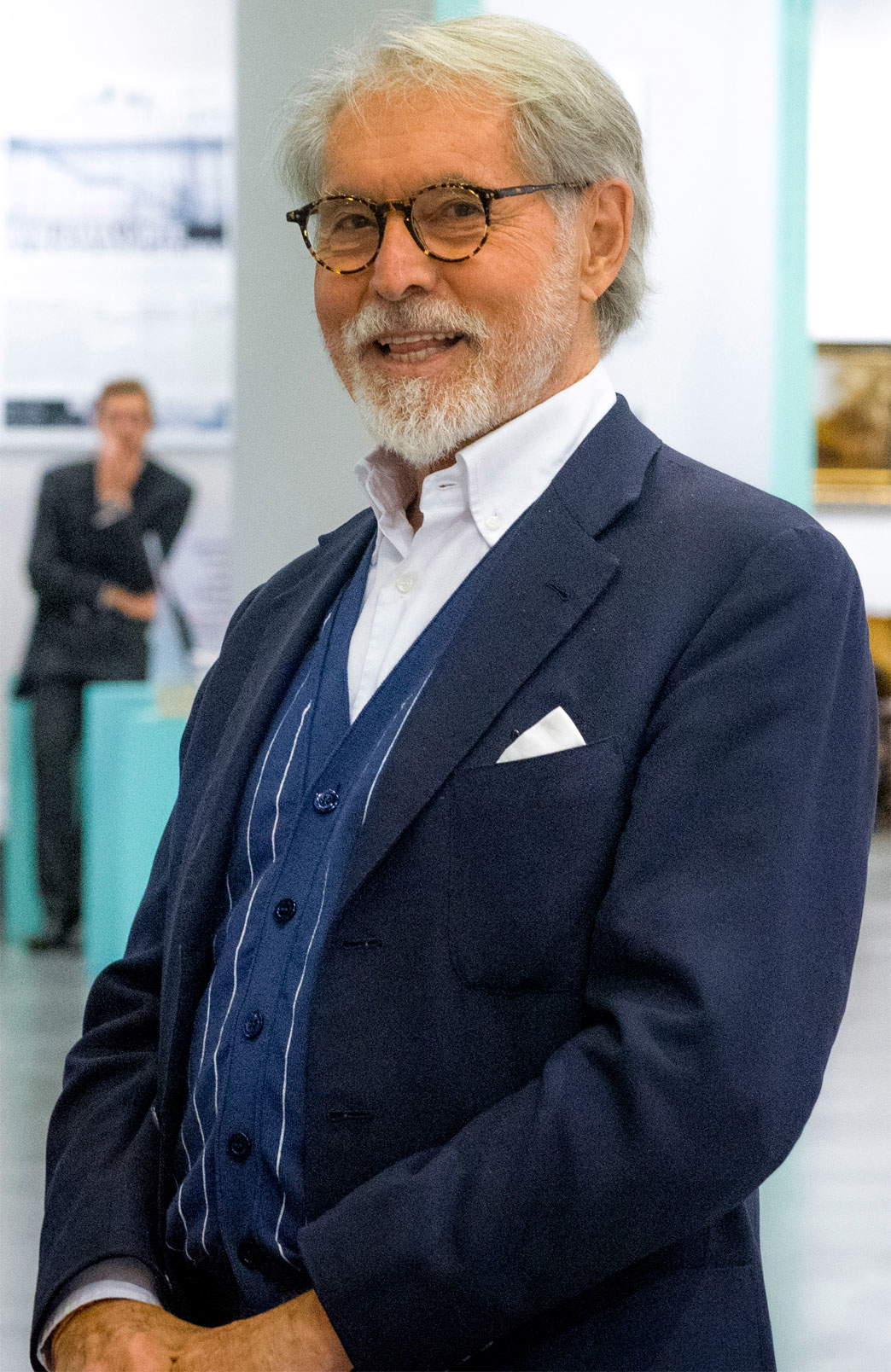
11. Secrets of the diatrete cup discovered in France in 2020.
In France this year, the extremely rare Autun diatreta cup, a luxury product of the 4th century (it was the height of refinement of Roman glassmaking: about fifty in all are known), was studied and found in 2020: it was discovered to be the oldest evidence of the use of ambergris. Read the full story here.
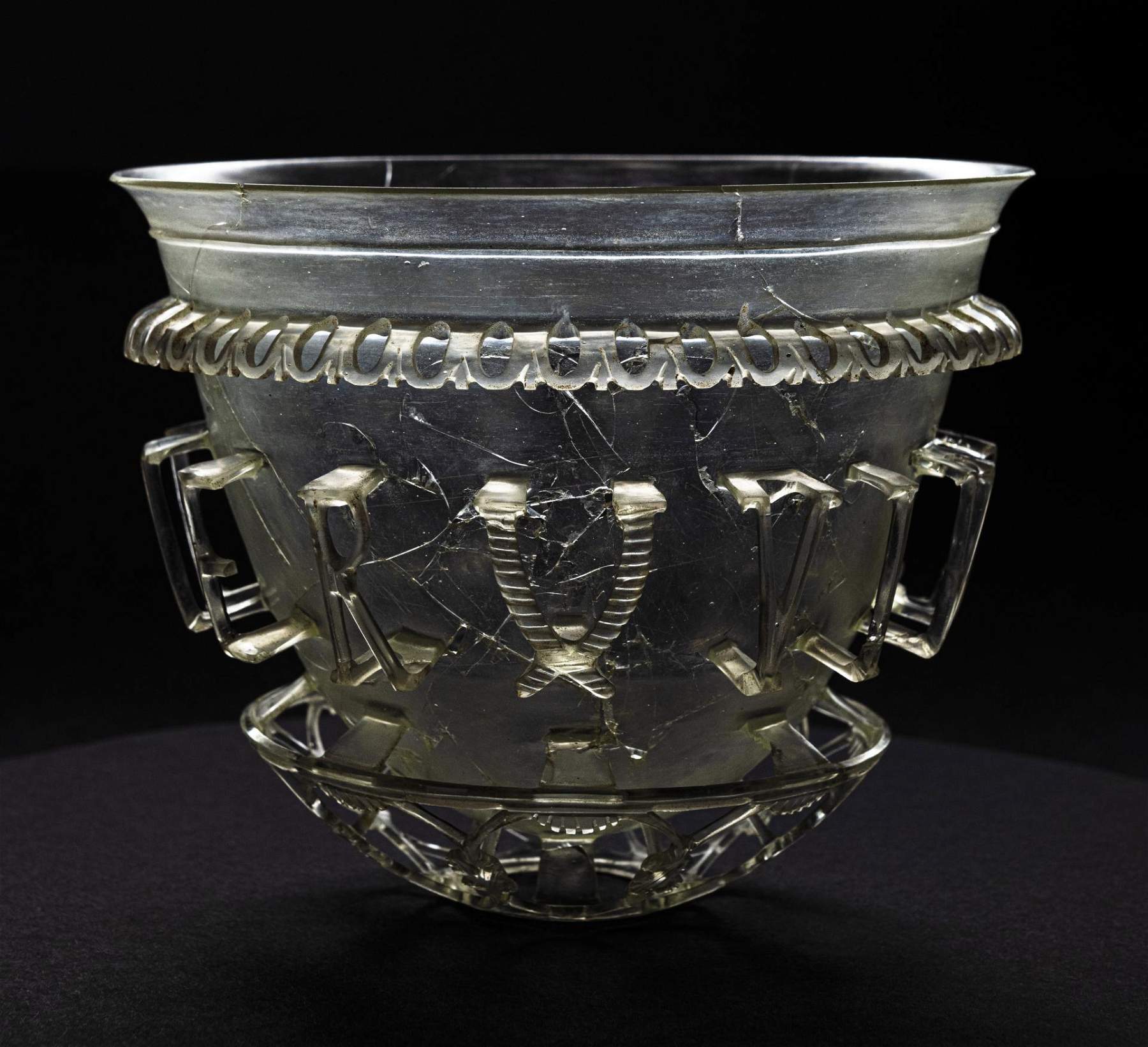
12. The discovery of the necropolis in L’Île-Rousse, Corsica.
In 12th position is another archaeological discovery from France. In fact, a necropolis from the 3rd-4th centuries AD that could rewrite the history of the island’s west coast has been discovered in Corsica, near the town of L’Île-Rousse in the north of the island. Read the full story here.
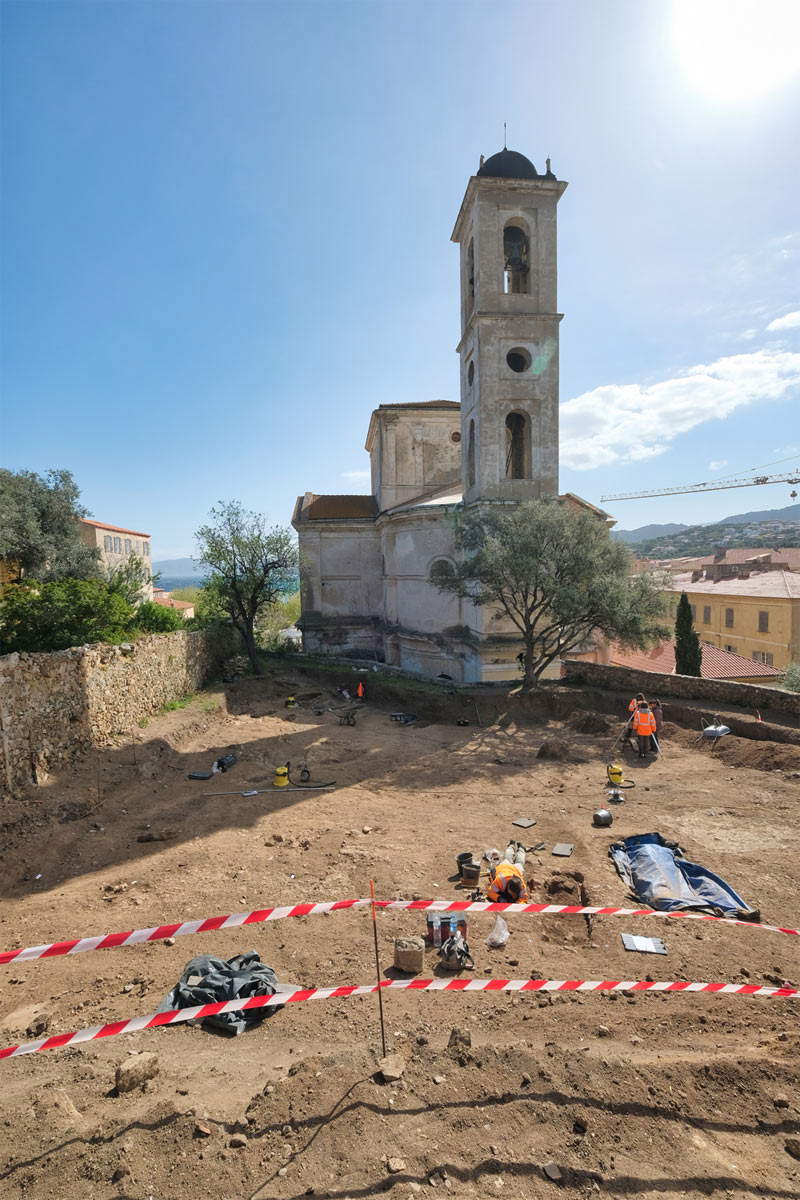
13. Insight into Vincent van Gogh’s Starry Night.
In June 1889, Vincent van Gogh painted one of his most famous masterpieces in Saint-Rémy-de-Provence: a “new study of a starry sky,” as he called it. It is the “Starry Night” today at MoMA in New York. A very welcome article, written by Ilaria Baratta, that deserves the 13th position in the ranking. Read the full story here.
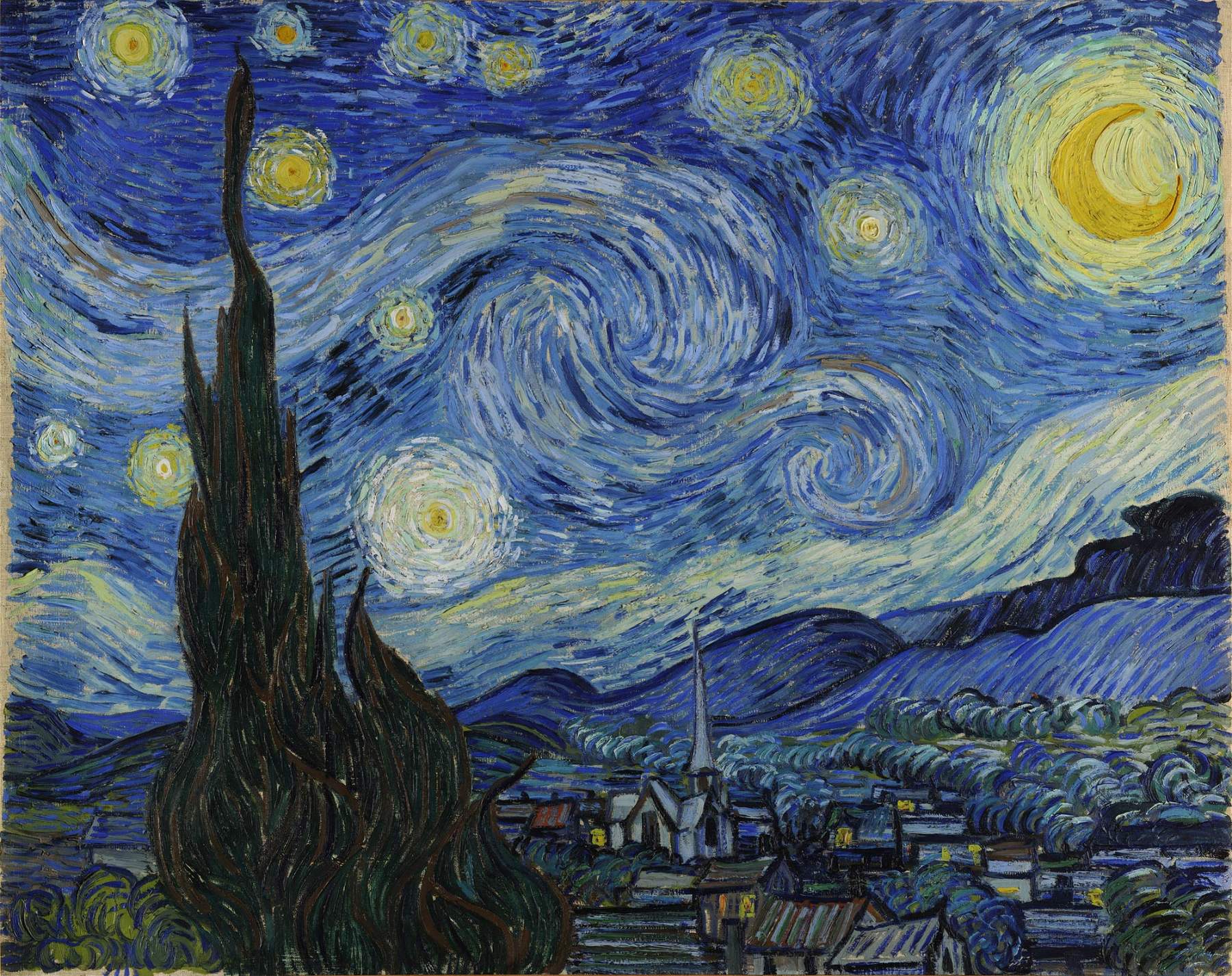
14. Insight into the places of Matilda of Canossa.
Another article by Ilaria Baratta, in the 14th position. In the mountains of Reggio Emilia there is an area known as “Terre di Canossa”: it is the territory where the castles in which the life of Matilda of Canossa, one of the most extraordinary and influential women in all of history, unfolded. With this article we have traced her history through art and monuments. Read the full story here.
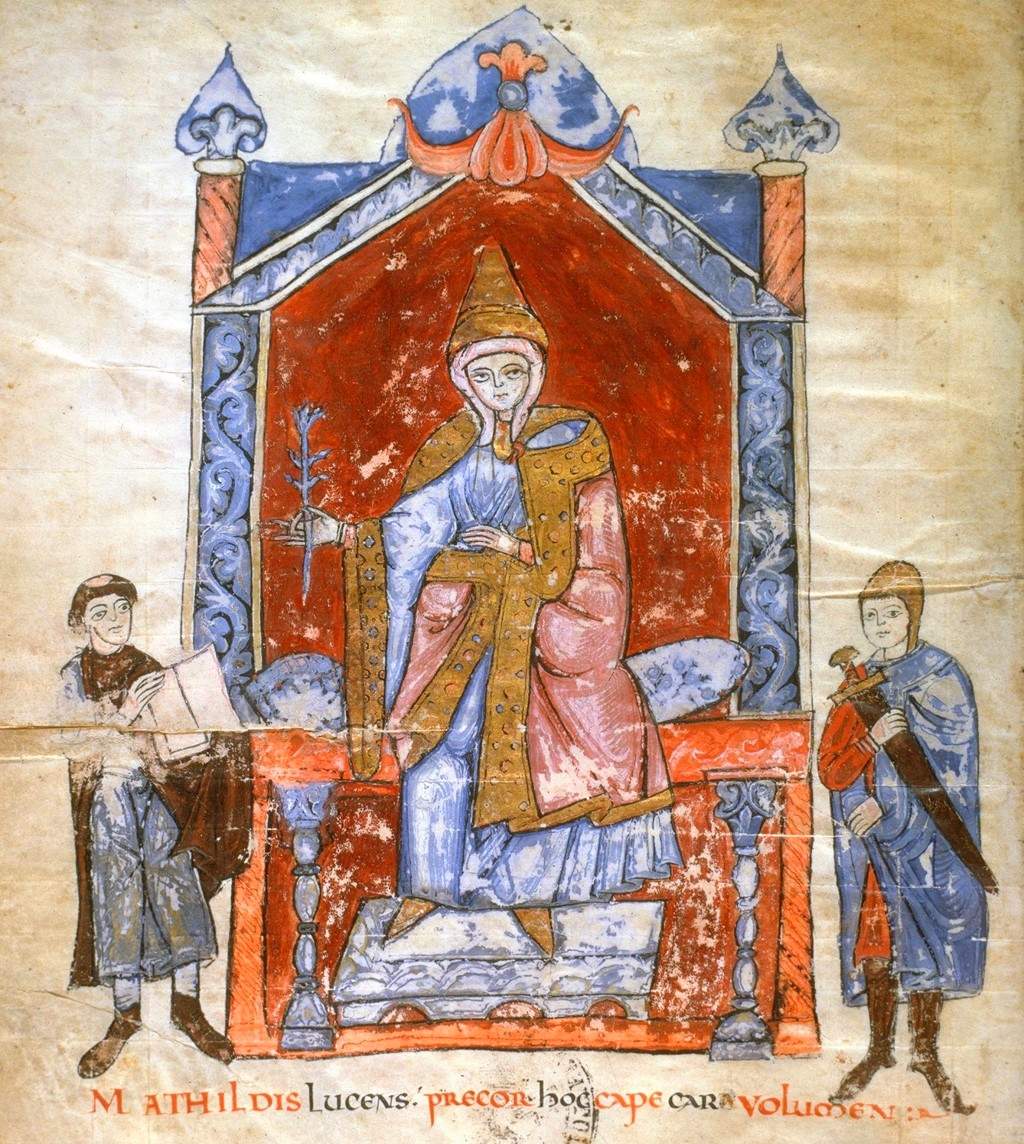
15. Unesco’s new World Heritage Sites for Italy.
Italy has from 2021 three new Unesco World Heritage Sites: the porticos of Bologna, the baths of Montecatini and Padua Urbs Picta. Montecatini and Padua were included on the same day, and the article breaking the news ranks them 15th. Read the full story here.
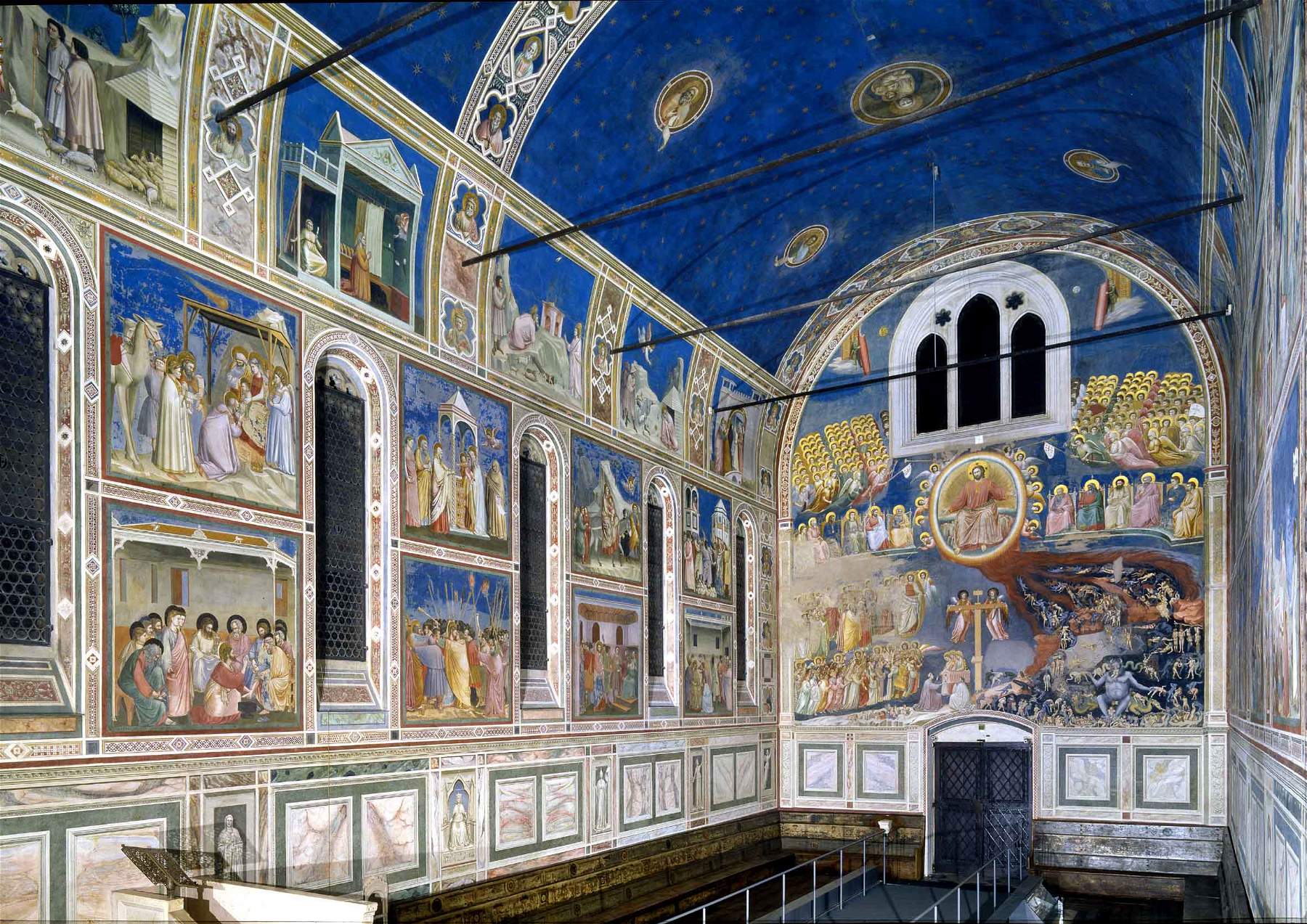 Padua
Padua
 |
| The 15 most-read articles of 2021 on Finestre Sull'Arte |
Warning: the translation into English of the original Italian article was created using automatic tools. We undertake to review all articles, but we do not guarantee the total absence of inaccuracies in the translation due to the program. You can find the original by clicking on the ITA button. If you find any mistake,please contact us.





